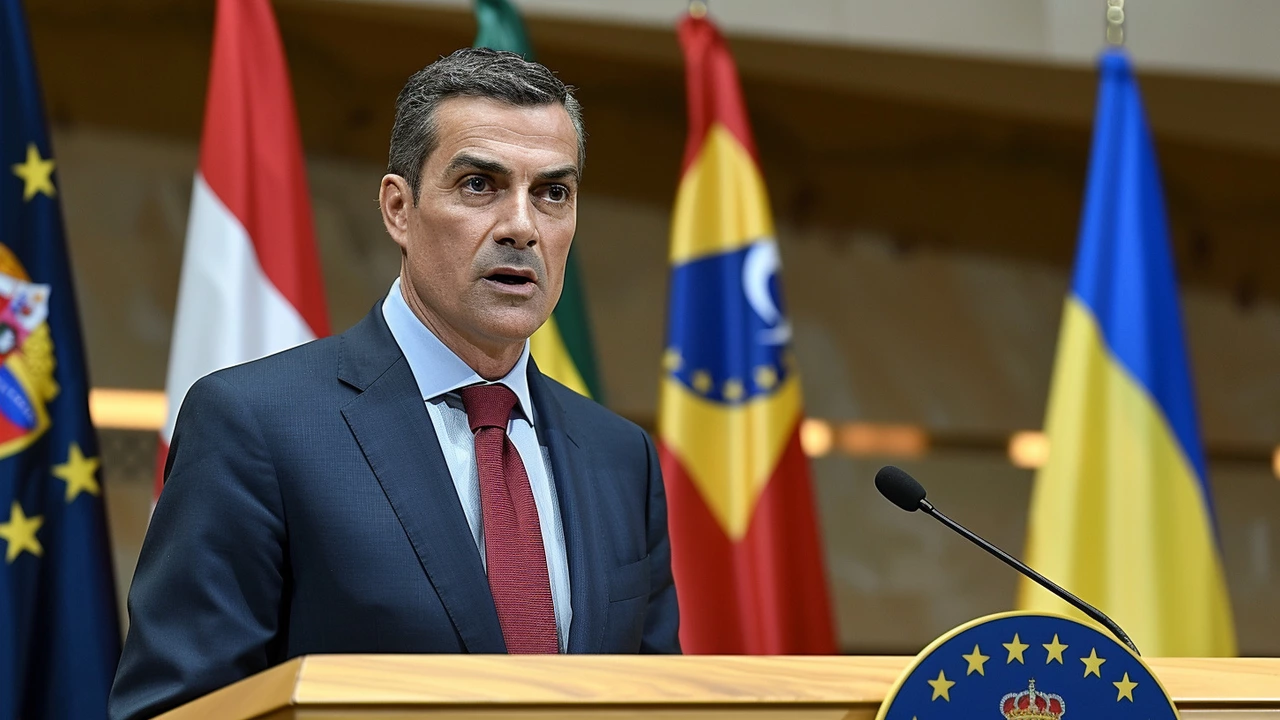World News – Spain, Ireland and Norway Recognise Palestine
Big news is hitting the headlines: Spain, Ireland and Norway plan to officially recognise the state of Palestine. This isn’t just a political footnote – it’s a clear signal that European countries are getting tired of the status quo in the Middle East. If you follow world events, you know how quickly things can change, and this move could push other nations to rethink their stance.
Why does this matter to you? For one, the recognition adds pressure on Israel to restart peace talks that have been stalled for years. It also shows that European players are willing to use diplomatic tools beyond sanctions or vague statements. In plain terms, the move could tighten the diplomatic leash on settlement expansion and open doors for fresh negotiations.
What the Recognition Means
When a country says it recognises another state, it’s more than a symbolic gesture. It unlocks the ability to open embassies, sign treaties and join international organisations as a full member. For Palestine, that could mean a stronger voice at the United Nations and better access to aid and development programmes.
For the three recognising countries, the decision reflects growing frustration with Israel’s settlement activities. Both Spain and Ireland have faced domestic pressure from politicians and civil groups calling for a firmer stance. Norway, known for its peace‑building role, is aligning its foreign policy with that heritage.
In practice, the recognitions will likely trigger diplomatic meetings, statements at the EU level and possibly new trade arrangements. Expect a flurry of official visits and joint statements in the coming weeks – the world press will be watching closely.
How This Changes European Politics
European Union policy has often been a balancing act between supporting Israel’s right to security and advocating for a two‑state solution. With three EU members stepping forward, the internal dynamics shift. Other countries may feel the need to catch up, especially if public opinion continues to back Palestinian statehood.
France, Germany and the Netherlands have hinted at “re‑examining” their positions, so we could see a cascade effect. That would transform EU diplomatic language from cautious support to a more assertive push for negotiations. In turn, this could affect trade talks, humanitarian aid flows and even military cooperation in the region.
From a betting perspective, political shifts often influence market odds on related events – from election outcomes to peace‑process milestones. Keeping an eye on how European leaders react can give you an edge when placing soccer combo bets that factor in geopolitical sentiment, especially for teams with strong national identities tied to political developments.
Bottom line: the recognitions are a clear sign that Europe is no longer willing to sit on the sidelines. The move adds real diplomatic weight to the Palestinian cause and could reshape the EU’s approach to the Israeli‑Palestinian conflict. Stay tuned for the next round of statements, because they’ll likely set the tone for the months ahead, both in politics and in related betting markets.

